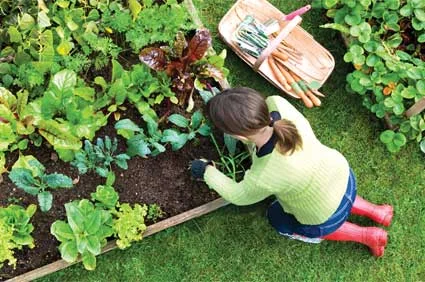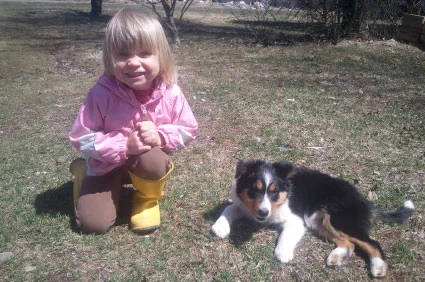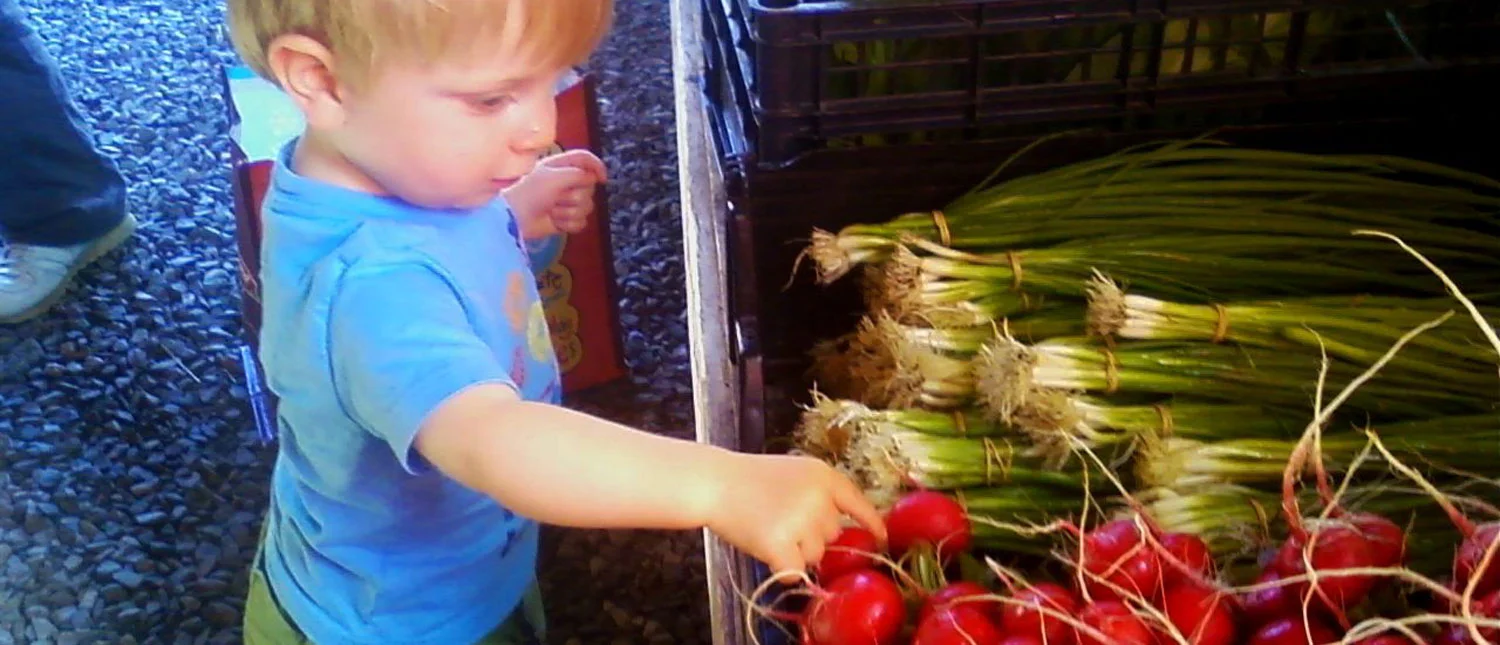This is a favorite in our family, handed down from Mark's Austrian great-grandparents. Perfect for lunch or dinner, eat warm or cold, great for on-the-go - we even eat them for breakfast!
Cabbage Buns
Ingredients:
- white or wholewheat bread dough
- green cabbage, chopped coarse
- sweet or yellow onion, chopped course
- carrot, chopped coarse or shredded (can also use turnips, potatoes, peppers, most any veggie)
- salt and pepper to taste
- optional spices/additions: cinnamon, raisins, crushed almonds, hot or sweet sausage (ground)
Instructions:
Use any white or wholewheat bread dough recipe. As dough is rising prepare the stuffing.
Saute onions on medium heat until soft. If using sausage, cook this next in the onions until nearly done, add cabbage and carrots on top, stir and continue cooking covered on medium heat until cabbage is soft but not mushy. Add in any other spices, raisins, nuts etc... at this time and mix completely. Let cool until not too hot to touch.
After dough has risen, punch it down and roll out with plenty of flour to keep it from sticking. Cut into 4"x4" squares. Place cabbage mixture in center of each square and fold up corners to center, sealing all edges so stuffing is completely encased in dough. Turn over onto a baking pan. Arrange buns onto a baking pan as you would if baking cookies. Bake at 350F until golden brown.















